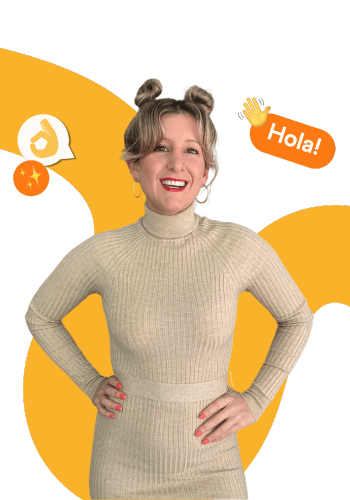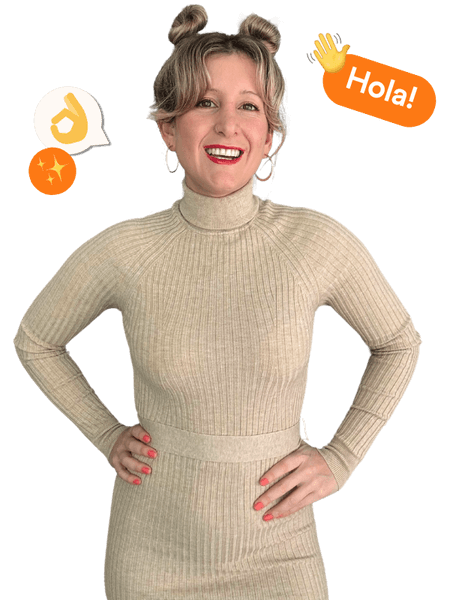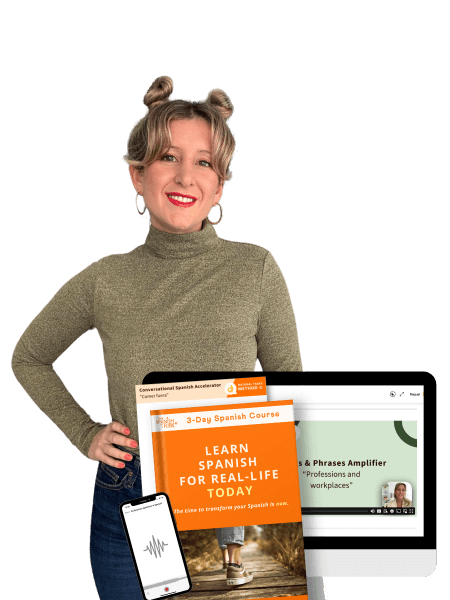Hay que: Expressing obligation in Spanish
Hay que is quite similar to tener que in that it is used to express obligation. However, it differs in the sense that there is no clear subject. Hay que doesn’t have a direct translation in English, but it can help to think of hay que in English with statements such as one must, one has to, or it’s necessary to.
Another way that we express hay que in English is by saying you have to, but not when we mean a specific you but rather a general you. In this case, you aren’t giving the command only to the person you’re talking to, but rather talking about something that people have to do.
The verb “haber”
Hay que is actually built on the third-person conjugation of the verb “haber.” “Haber” in English also translates as “to have,” although not in the same sense of possession as “tener.”
When conjugated to match a particular subject, “haber” in Spanish is rather equivalent to the English use of “have” in compound tenses. But conjugated in the third-person, with no subject, “hay” just becomes an equivalent to “there’s,” as a way to state the existence of something.
We use this same third-person impersonal form of hay to build our hay que + infinitive structure to state obligation or necessity. The third-person impersonal conjugation of “haber” can be used in any tense, but it will never take a subject since it only ever expresses a general sense of obligation.
Haber que conjugation
While the verb haber indeed has conjugations for all the grammatical persons, we only need these when using haber as an auxiliary verb. When used to express obligation, our haber que conjugation chart should instead be considered as an hay que conjugation chart, since in every tense it’s conjugated in the impersonal third-person singular.
| Present |
| hay que |
Haber que + infinitive: Examples
Now that we’ve seen how to conjugate hay que in the main tenses, we can use it in its hay que + infinitive form to express general obligations in our different times and moods. Let’s see some examples, along with the various ways to translate hay que in English.
- It’s necessary to be quiet in my apartment because my flatmate is in a meeting. – Hay que hacer silencio en mi apartamento porque mi compañera de cuarto está en una reunión.
- One must clean up their trash after eating in public places. – Hay que limpiar la basura después de comer en lugares públicos.
- To be a programmer, you have to have a lot of patience. – Para ser un programador hay que tener mucha paciencia.
- My sister is feeling a bit sensitive right now so you have to be careful with your words around her. – Mi hermana está un poco sensible en este momento, así que hay que tener cuidado con tus palabras a su alrededor.
- You have to make sure the customers’ food is hot when you serve it or else they’ll send it back. – Hay que asegurarse de que la comida de los clientes esté caliente cuando se sirva porque si no, la devolverán.
Now you! Practice saying what must be done at home (house chores).
Example: “Hay que lavar la ropa”.
What is needed in your house? ¿Qué hay que hacer en tu casa?
Let me know in the comments below!
Un abrazo,
Raquel
CEO of The Spanish Tribe




Responses